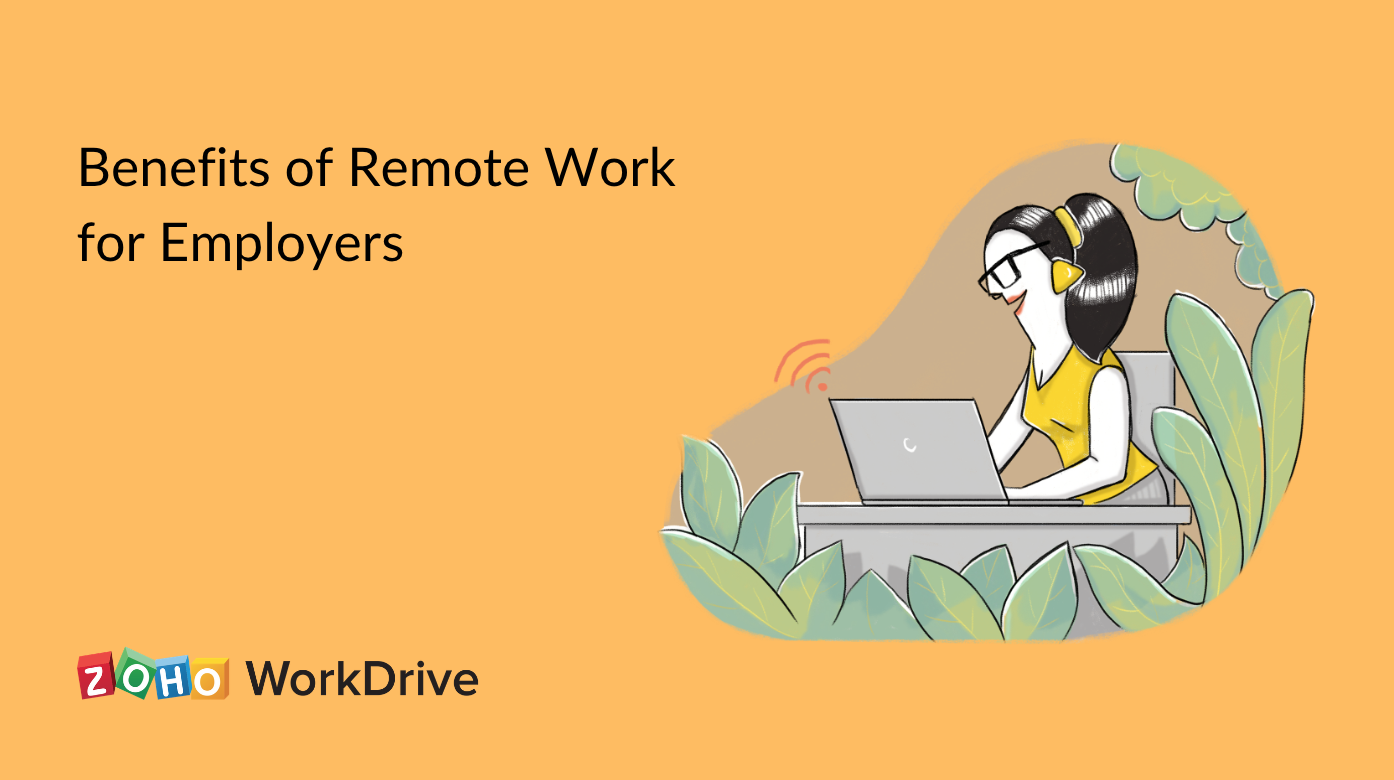
Remote work allows to minimise or even completely get rid of that problem - put on a comfortable pair of slippers and spend the additional 27 minutes of your day on a healthy and mindful morning routine.

Whether that’s congested highways or overcrowded metro, commuting often constitutes our least favourite time of the day and causes stress. In what ways remote-based approach can benefit our mental health?Īverage commute time in the US is 27 minutes each way (yikes), with similar numbers in majority of developed countries. They are also almost half as likely to struggle with poor mental health, compared to employees without flexible work options. Two-third of remote workers surveyed declared that they prefer to not come back to the office - even after pandemic. What is the relationship between remote work and mental health?Īccording to a survey conducted by FlexJobs among 800 US employees, 48% of remote workers report their work-life balance as very good or excellent, compared to only 36% of employees without flexible work possibilities choosing that option. As part of a new normal, the world is steadily increasing adoption of remote work, with many tech giants already giving their employees an option to work remotely indefinitely.

This year, COVID-19 has given this day a special meaning, leading us to contemplate the importance of mental health in times of lockdown, isolation, and many things as we know being utterly upside-down.

On October 10th, we slowed down in order to celebrate World Mental Health Day.


 0 kommentar(er)
0 kommentar(er)
